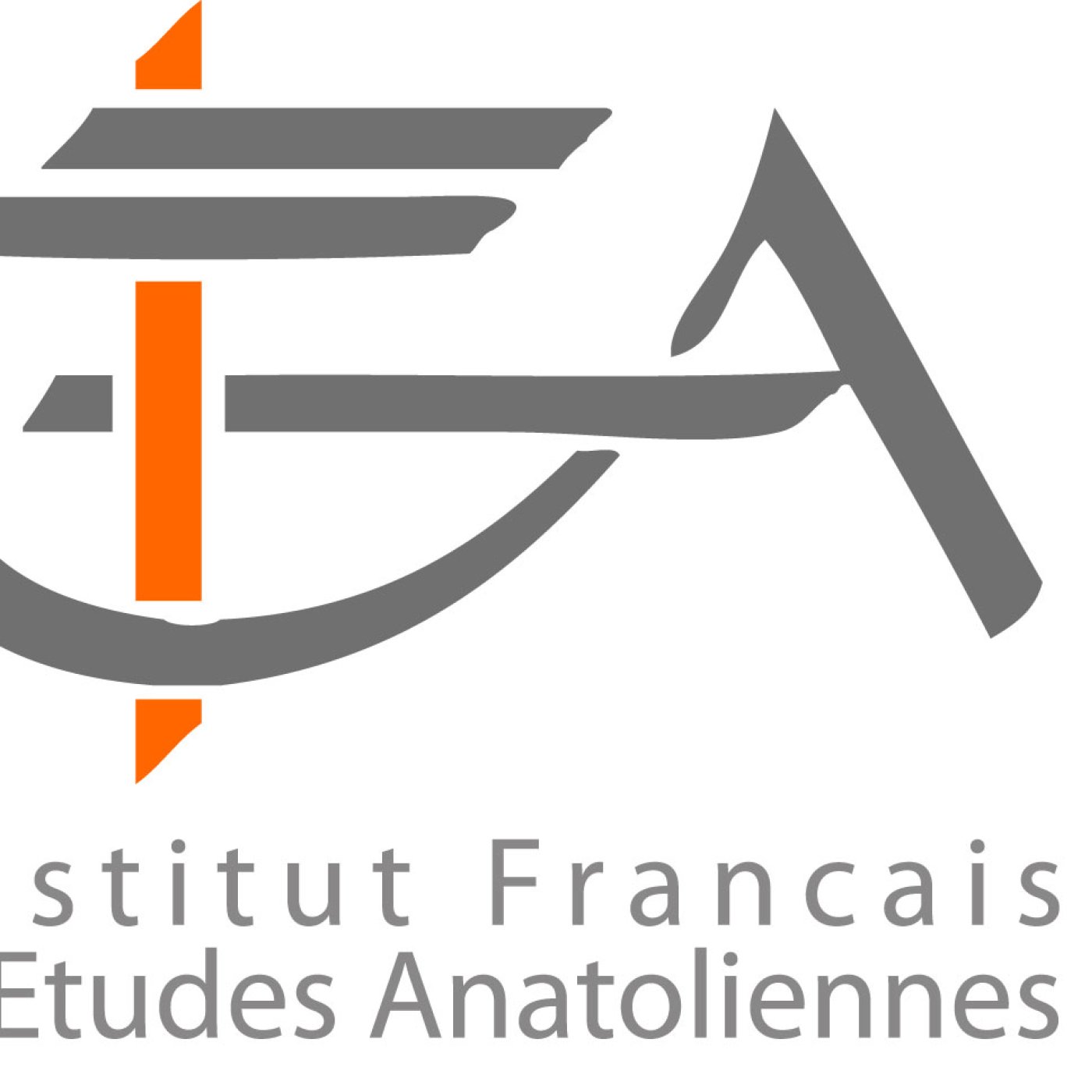Muslim Relations with Christians in 13th century Anatolia: An investigation of the hagiography of Awhad al-Din Kirmani

Lloyd Ridgeon (University of Glasgow)
Awhad al-Din Kirmani is considered one of the greatest figures of medieval Persianate Sufi history, although very little can be known about him for sure. This presentation focuses on the hagiography that discusses his life and miracles, but it pays specific attention to Muslim Christian relations in Seljuk Anatolia of the 13th century, where Kirmani is known to have resided. While many scholars view hagiographies with caution, it is argued herein that they are a useful source of information, not just for the life and times of the author, but also about the subject matter, especially if the work was composed soon after the author's death. In short, the hagiography reveals cordial relations between Muslims and Christians in Anatolia at a time when the number of Christians was likely to have outnumbered Muslims. It also demonstrates the confidence that Muslims had regarding the superiority of their faith. It also demonstrates the cordial relations between Kirmani and Christians, and it is this kind of Sufi attitude that may have facilitated the Islamification of Anatolia.
Biography
Lloyd Ridgeon has taught at the University of Glasgow since 1996. His main area of research is Persian Sufism, and his works include:
Aziz Nasafi (1998)
Sufi Castigator: Ahmad Kasravi and the Iranian mystical tradition (2006)
Morals and Mysticism in Persian Sufism (2010)
The Cambridge Companion to Sufism (2015)
Awhad al-Din Kirmani and the Controversy of the Sufi Gaze (2018)
Routledge Handbook on Sufism (ed), (2021)
Légende de l'illustration: Awhad al-Din dancing when approached by a young servant. (taken from Majales al'ushshaq, written at the Timurid court of Husayn Bayqara on the 15th century). The episode is included in the hagiography which is discussed in the lecture.
Détails
| Date de l'événement | 16/02/2022 6:00 pm |
| Places | 30 |
| Inscrit.e.s | 7 |
| Places disponibles | 23 |
| Lieu | IFEA |



